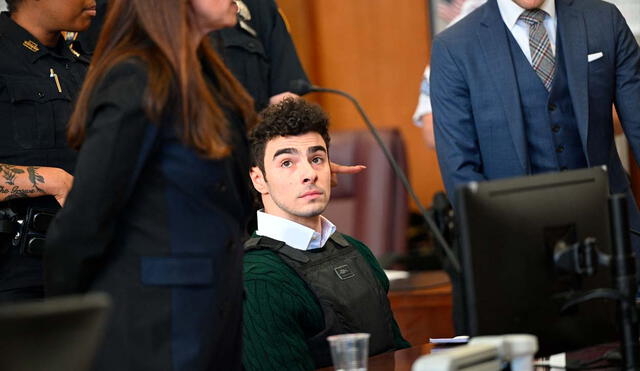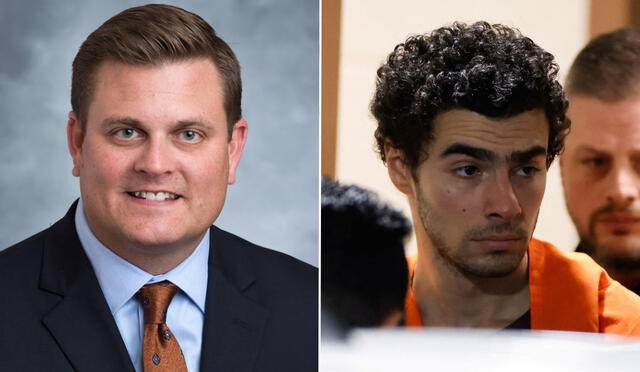Luigi Mangione’s Attorney claims unfair treatment in Healthcare CEO murder case
Luigi Mangione's lawyer claiming unfair treatment during UnitedHealth CEO Brian Thompson's murder case. Meanwhile, public support for Mangione is rising as he becomes a symbol of frustration with the U.S. healthcare industry.

Luigi Mangione, the man accused of killing UnitedHealth CEO Brian Thompson, is at the center of a high-profile legal battle as his defense attorney argues that he is being treated unfairly. Facing multiple charges in both state and federal courts, Mangione’s legal team claims that crucial evidence has not been provided and that his ability to receive a fair trial is being compromised.
During a recent court hearing in Manhattan, his lawyer, Karen Friedman Agnifilo, protested the conditions of his detention and requested better access to her client, as well as the removal of his restraints in court—requests that were ultimately denied by the judge.
Attorney says Luigi Mangione is mistreated during trial
A lawyer representing Luigi Mangione, the man accused of killing UnitedHealth executive Brian Thompson, argued on Friday that her client is being treated unfairly as he faces multiple criminal charges.
Defense attorney Karen Friedman Agnifilo told a Manhattan court that Mangione’s right to a fair trial is being compromised, citing missing evidence, including an alleged manifesto, and concerns over whether law enforcement had improperly seized certain materials. She also expressed frustration over limited access to her client, who is currently detained at the Metropolitan Detention Center in Brooklyn. She requested that he be unshackled during the hearing, a request the judge denied.
Mangione, 26, is charged with murder in New York state court for allegedly ambushing Thompson outside the Hilton Hotel in Midtown Manhattan last December, where the CEO was attending an investor meeting.

Mangione was arrested in a Mc Donald's in Pensylvannia, weeks after Thompson's crime. Photo: LR composition.
Prosecutors claim Mangione used a 3D-printed ghost gun equipped with a silencer and left behind shell casings inscribed with the words “deny” and “depose,” and a bullet marked “delay.” After the attack, he reportedly fled on an E-bike, prompting a nationwide manhunt that ended nearly a week later when he was apprehended at a McDonald’s in Pennsylvania.
In addition to the state murder charges, Mangione also faces firearm and forgery charges in Pennsylvania and federal charges in New York, including murder and stalking. The federal case could potentially involve the death penalty, though authorities have not yet confirmed if they will pursue it. On Friday, Mangione’s defense team requested a delay in legal proceedings while the federal government deliberates on capital punishment—another request the judge denied.
Mangione's case has impacted America's society
Outside the courthouse, pro-Mangione demonstrators gathered in support, holding signs with messages such as “For-Profit Healthcare is Murder” and “No More Death by Deductible.” Many believe Mangione’s case symbolizes broader public frustration with the health insurance industry. A crowdfunding campaign for his legal defense has already raised more than $500,000.
Mangione's case has impacted American society, igniting debates about healthcare, corporate power, and the criminal justice system. His alleged crime—killing UnitedHealth CEO Brian Thompson—has been interpreted by some as an act of desperation fueled by frustration with the healthcare industry.
Supporters argue that his actions, while legally indefensible, highlight the failures of a for-profit healthcare model that has left millions struggling with medical debt and limited access to care. This perspective has led to widespread public discourse, with some viewing Mangione as a symbol of resistance rather than just a criminal defendant.












